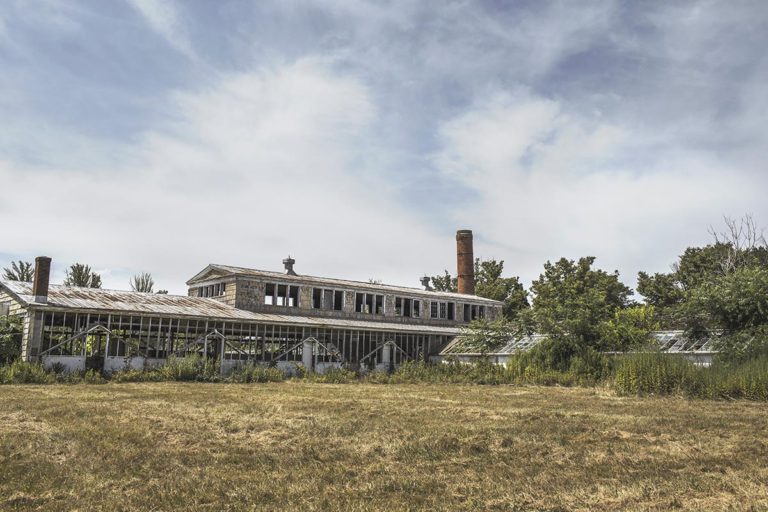Nehemiah 13 Commentary
by Brad Boyles
So, remember that guy Tobiah? Back in Nehemiah 6 he was one of Israel’s enemies who formulated a smear campaign against Nehemiah to stop the construction of the walls. Now we read that while Nehemiah is gone, Eliashib not only furnishes a room for Tobiah but also gives him access to several rooms of the Temple!
“Incidentally, Tobiah was an Ammonite (Neh 2:10) – one of the very mixed multitude that had been put out of the assembly of God’s people some 10 years before. At this point in the record of Nehemiah, Tobiah was not only present among the assembly, he actually rented rooms in the temple courts.”
David Guzik
Nehemiah was furious… and rightly so. This was not only his personal enemy but an enemy of God who was dwelling in the house of the Lord! Many comparisons have been made between Nehemiah cleansing the chamber and Jesus cleansing the Temple. Both men possessed an anger focused on God’s righteousness. Both men did not sin in their anger. Instead, they were emboldened to draw lines of accountability among their peers. Their love was not merely expressed in their politeness but in their passion to see the Name of God respected and honored.
Then comes the real shocker. Nehemiah finds out that others among the community have intermarried yet again with foreign women. It was a sin that continually plagued the Jewish people. So what did Nehemiah do? He beat them and ripped off their beards!
I reprimanded the men, called down curses on them, beat them, and pulled out their hair. Then I made them take an oath in God’s name that never again would they or their children intermarry with foreigners.
Nehemiah 13:25 GNB
To Nehemiah, this particular sin was the worst of all. He knew that all this angered God and would undoubtedly lead to another exile. This beating he gave them would be only a fraction of what the people would experience if they continued down this path. Of course, I am not recommending it, but I certainly understand his motives. They were only 10-12 years removed from their revival and the people were already beginning to backslide. They were engaged in the same sins they had sworn to eradicate from their lives!
Nehemiah was passionate. He had discipline and he was a gifted leader. But most of all, he had zero tolerance for compromise and excuses. He made up his mind to follow God, and he did it. The relevance of this mentality in our current culture is entirely appropriate.




